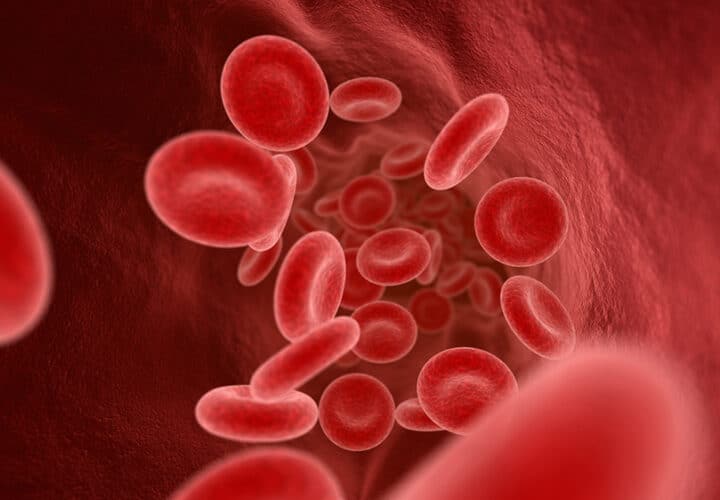For older adults who are cognitively typical, a 2017 study suggests finding out they have an elevated level of beta-amyloid, one of the proteins associated with Alzheimer's, simply led to frustration and a desire to know more information.
The way Alzheimer’s gets diagnosed is changing. Instead of waiting for symptoms to show up, doctors are now lobbying for a diagnosis that centers around the physical signs of the disease—whether the proteins associated with Alzheimer’s have begun to spread across the brain. As a result, doctors hope they’ll be able to identify those at risk for developing symptoms, and to figure out how to intervene at the right time, once drugs become available.
That’s good news for prevention research, but what about the psychological effect of knowing your brain is carrying a ticking protein time bomb? For older adults who are cognitively typical, a 2017 study suggests finding out they have an elevated level of beta-amyloid, one of the proteins associated with Alzheimer’s, simply led to frustration and a desire to know more information. Unfortunately, that’s information that researchers simply aren’t certain about right now.
“What this is telling us is that, in the future, Alzheimer’s biomarkers will have to get more predictive, or we’ll simply have to educate people to cope with the uncertainty,” said Jason Karlawish, MD, co-director of the University of Pennsylvania Memory Center and senior author of the study.
The study examined seniors who were already enrolled in an Alzheimer’s prevention study based on having higher levels of beta-amyloid. While most of them were aware of the basic science of elevated protein levels, they were frustrated with the lack of information. “My background is in a technical area, and I’m used to having facts and data,” said one 75-year-old man, according to a statement released by the university.
Twenty of the 50 participants wanted more detailed information about where on the threshold of the disease they fall. “I don’t know how elevated the risk is,” said one 71-year-old woman, according to the university. “It could be like right over the edge, and other people are right under the edge.”
The study indicates the paradox Alzheimer’s research is at right now. While we know more than ever before who might get the disease, thanks to genetic tests, PET scans and blood and spinal fluid tests that can predict the risk of Alzheimer’s, there is still no cure or effective treatment to stop or delay symptoms. While testing for Alzheimer’s before symptoms present is not typical clinical practice and is mainly reserved for research, that could change in the future as medicine takes a more personalized turn. And that means doctors need to be prepared to have conversations with patients.
“In the future, learning this kind of information will be a normal part of going to the doctor, like finding out you have a high cholesterol level,” Karlawish said in a statement. “The challenge is to anticipate what it will be like for seniors to learn this, and to develop effective strategies to help them cope with problems that may result, such as being stigmatized socially or losing their usual sense of well-being.”
Read the full press release here.



i know Alzheimers is hereditary so i know i have a possibility to have it as my mother does have it, even if i know i can get it i don`t think about it, i m 66 years old i have no signs of it but if i know there is something i can take to help prevent it i would take